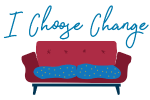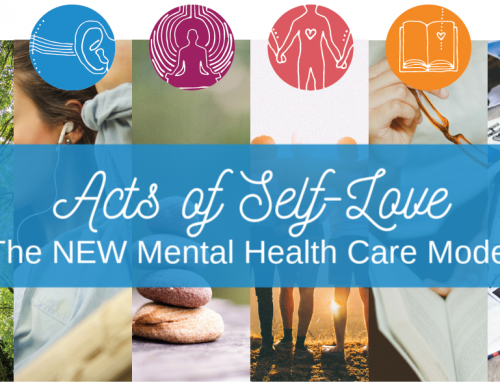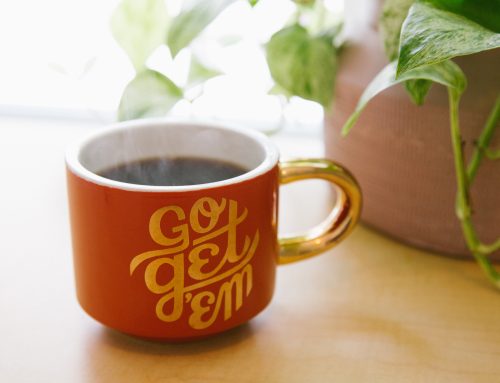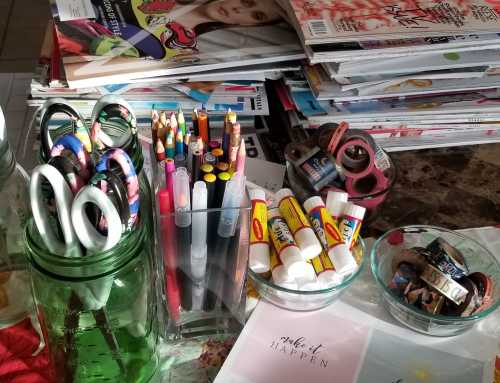We have people in our lives for a reason. The closer the relationship to someone, and the more trust we put into someone, the more vulnerable we are with them. Vulnerability is tough because while it’s essential to love and connection, it opens us up to great pain and sadness. When it comes to relationships, I imagine those in our lives to be placed into three categories: A, B, and C people. Bear with me, because I realize it may seem strange that we’d categorize our friends and relationships into categories. However, we all do it, if even unconsciously.
Our A-friends are those in which we can share the good, the bad and the ugly parts of ourselves. This person knows everything about us, including the ugly parts we’d be embarrassed to have someone else know. They’ve seen us break down into several hour or day crying fits. They’ve seen us rage into temper tantrums that could shake up a whole town. They’ve seen us wallow in shame or guilt over an action that was so completely out of character, and unlike anything we’d ever do before. All the while, this person sees us in our most raw, vulnerable state, and they love us unconditionally. We don’t feel judged by this person, and this is what makes the bond an A-friend quality. We can be our whole selves – live in the most raw way – without judgment and without the fear of abandonment. Our A-friends see the good and bad, but they are the only group that sees the ugly.
Our B-friends are those who see the good and the bad. They think we’re the best of friends, and they aren’t far off. But there is a slight barrier. While we make ourselves vulnerable to this person (after all, the bad can look pretty bad at times!), they don’t see the ugly. B-friends see us have arguments with our spouse, see us get jealous, experience us in fits of irritation and anger, and have even seen us cry. We pour our heart out to them in small doses, but still keeping guard not to go to the “ugly place.” They know us, but we don’t turn the corner into the extreme parts of our emotions with the B-friend because we haven’t let ourselves be as vulnerable with them so as to open up our heart and soul, letting them see the most raw sides of our emotions and behaviors. B-friends are good friends, and they’ll always be there for us, but there remains a barrier that keeps us from being the best of friends – friends who know the innermost sections or your soul, the ugly parts, and love you anyway.
C-friends stay on the periphery of our lives. These are the friends who we see on Facebook or once a year at a party. They think they know us, and parts of us, they do. But by and large, they don’t really know our inner pains, aches, sorrows and regrets. They aren’t privy to the tender part of our hearts that house the turmoil we suffer in this lifetime (and we all do). They don’t get to see the ugly. We don’t trust them enough to open up and be our most vulnerable with them. This isn’t to say the C-friend or B-friend isn’t capable of holding our most scared moments, and loving us through the ugly parts of our behaviors. We’ve simply not upgraded them to A-friend status. The C-friend is a friend indeed, and is an important one. However, we are the most guarded with this one.
Without an A-friend, we stay mostly surface level. We remain stuck in a position that is mostly superficial whole not showing up fully and 100% to anyone at any time.
A-friends and people in our lives that provide this opportunity to show up, naked, in the raw, baring our soul and spirit and heart, are those who reside in the hub. Our hub, which is the life force of our life’s wheel, remains solid because of our A-friends. We remain grounded because of the connection we have with the people in our lives with whom we are the most vulnerable, yet still feeling loved unconditionally.
Who is your A-friend?
Have you experienced the loss of an A-friend, and did it rock you to your core?
How do your A-friends guide you along through your many life changes?
If you have one, you know how important they are to you. If you don’t have one, you feel the void. Perhaps you may also know the pain of abandonment and loss when an A-friend relationship ends. In most of our lives, our spouse or life partner is our A-friend. If we’re married and our spouse isn’t part of our hub, there will be marital issues, without a doubt. Our hub is the glue we need to keep our emotional lives enriched, and our hearts feeling full. Our A-friend(s) serve to remind us through mirroring back, validation and reflection what they see in us.
Photo Credit here.




